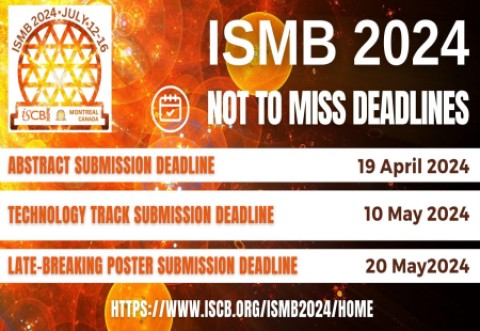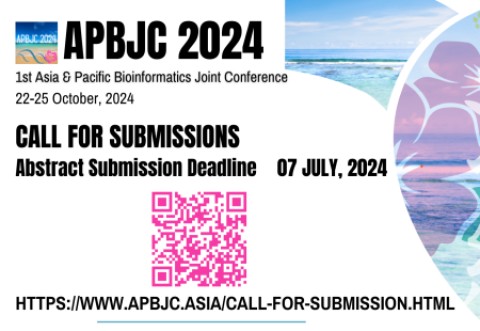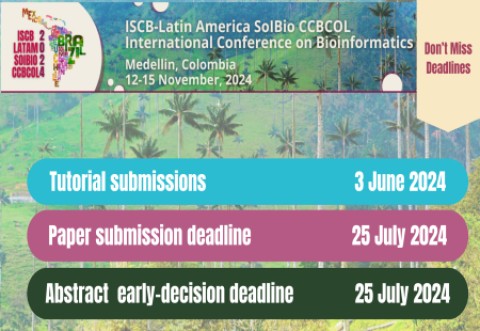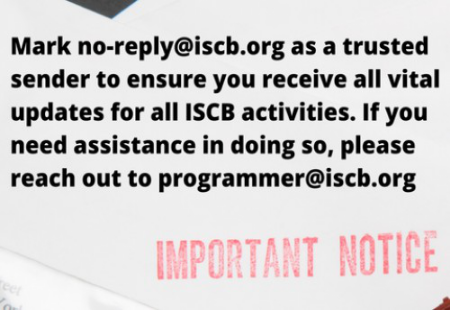
FASEB News - October 4, 2010
Contact: Cody Mooneyhan
This email address is being protected from spambots. You need JavaScript enabled to view it.
301-634-7104
Federation of American Societies for Experimental Biology
Surprise: Scientists Discover that Inflammation Helps to Heal Wounds
New esearch in the FASEB Journal suggests that muscle inflammation after acute muscle injury is essential to muscle repair by means of insulin-like growth factor-1
A new research study published in The FASEB Journal (www.fasebj.org) may change how sports injuries involving muscle tissue are treated, as well as how much patient monitoring is necessary when potent anti-inflammatory drugs are prescribed for a long time. That's because the study shows for the first time that inflammation actually helps to heal damaged muscle tissue, turning conventional wisdom on its head that inflammation must be largely controlled to encourage healing. These findings could lead to new therapies for acute muscle injuries caused by trauma, chemicals, infections, freeze damage, and exposure to medications which cause muscle damage as a side effect. In addition, these findings suggest that existing and future therapies used to combat inflammation should be closely examined to ensure that the benefits of inflammation are not eliminated.
"We hope that our findings stimulate further research to dissect different roles played by tissue inflammation in clinical settings, so we can utilize the positive effects and control the negative effects of tissue inflammation," said Lan Zhou, M.D., Ph.D., a researcher involved in the work from the Neuroinflammation Research Center/Department of Neurosciences/Lerner Research Institute at the Cleveland Clinic in Ohio.
Zhou and colleagues found that the presence of inflammatory cells (macrophages) in acute muscle injury produce a high level of a growth factor called insulin-like growth factor-1 (IGF-1) which significantly increases the rate of muscle regeneration. The research report shows that muscle inflammatory cells produce the highest levels of IGF-1, which improves muscle injury repair. To reach this conclusion, the researchers studied two groups of mice. The first group of mice was genetically altered so they could not mount inflammatory responses to acute injury. The second group of mice was normal. Each group experienced muscle injury induced by barium chloride. The muscle injury in the first group of mice did not heal, but in the second group, their bodies repaired the injury. Further analysis showed that macrophages within injured muscles in the second group of mice produced a high level of IGF-1, leading to significantly improved muscle repair.
"For wounds to heal we need controlled inflammation, not too much, and not too little," said Gerald Weissmann, M.D., Editor-in-Chief of The FASEB Journal, "It's been known for a long time that excess anti-inflammatory medication, such as cortisone, slows wound healing. This study goes a long way to telling us why: insulin-like growth factor and other materials released by inflammatory cells helps wound to heal."
###
Receive monthly highlights from the FASEB Journal by e-mail. Sign up at www.faseb.org/fjupdate.aspx. The FASEB Journal (www.fasebj.org) is published by the Federation of the American Societies for Experimental Biology (FASEB). The journal has been recognized by the Special Libraries Association as one of the top 100 most influential biomedical journals of the past century and is the most cited biology journal worldwide according to the Institute for Scientific Information.
FASEB comprises 23 societies with more than 100,000 members, making it the largest coalition of biomedical research associations in the United States. FASEB enhances the ability of scientists and engineers to improve—through their research—the health, well-being and productivity of all people. FASEB's mission is to advance health and welfare by promoting progress and education in biological and biomedical sciences through service to our member societies and collaborative advocacy.
Details: Haiyan Lu, Danping Huang, Noah Saederup, Israel F. Charo, Richard M. Ransohoff, and Lan Zhou. Macrophages recruited via CCR2 produce insulin-like growth factor-1 to repair acute skeletal muscle injury FASEB J. doi:10.1096/fj.10-171579 ; www.fasebj.org/cgi/content/abstract/fj.10-171579v1






























